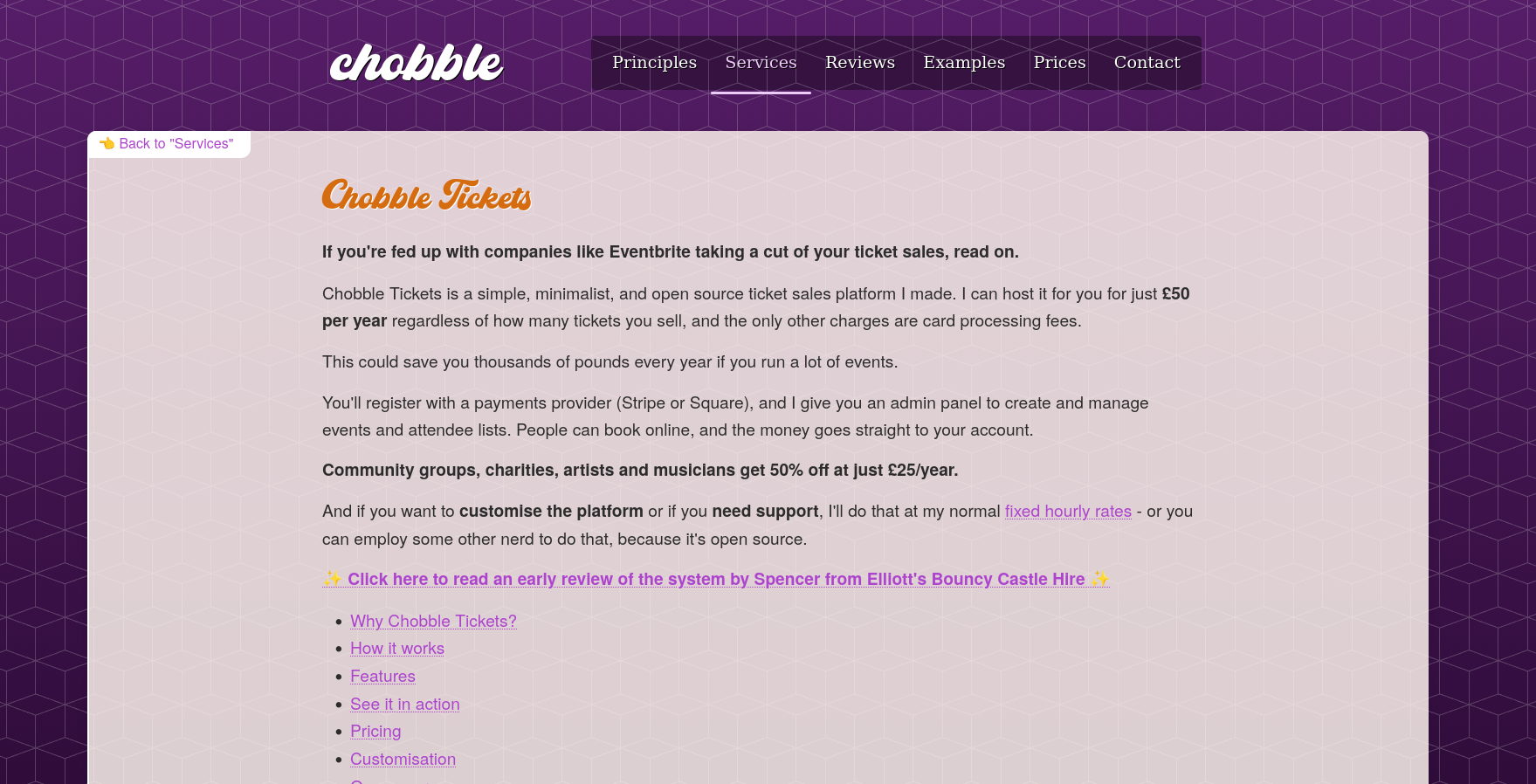We have recently seen reports about the unbelievable amount of pressure on the NHS, including inaccessibility to GPs; a high degree of emergency admissions; and bed-blocking within hospitals where vulnerable patients cannot be discharged safely. These factors have exacerbated the pressure on our healthcare system to almost unprecedented levels. Medical technologies or MedTech could be the way forward to ease some of the pressure.
Virtual Healthcare
Virtual healthcare technologies have been available for some time, but take-up has been slow, due partly to a reluctance by healthcare providers to invest in those technologies, and partly to a general mistrust in technology by clinicians and patients. However, the COVD pandemic forced the use of virtual appointments and has, to some degree, increased confidence in virtual healthcare technologies. While some patient groups will continue to demand face to face GP appointments, others will welcome the convenience of a virtual appointment. Out-of-hours access to GPs can be improved through video technologies without increasing pressure on patients to travel or GPs to open their surgeries for longer.
Virtual healthcare isn’t limited to virtual GP or consultant appointments. Recovering patients can be safely discharged from hospital to a virtual ward, which involves a device or kit by which their conditions symptoms are monitored in real time by a virtual ward team of healthcare professionals, built around a patient’s individual needs. This can free beds required for emergency admissions and relieve the pressure on other areas of a hospital.
With reports of pressure on the NHS reaching crisis point, and the benefits so apparent, we expect to see increasing uptake of virtual healthcare technologies in 2023 and beyond.
Improved adoption of MedTech
Innovation and investment in medical technologies is higher than it has ever been. From advanced imaging and AI in diagnostics, through to wearable devices for monitoring chronic illnesses such as diabetes, it is easy to see how patient lives can be greatly improved through adoption of MedTech.
As with virtual healthcare technologies, adoption relies on the confidence in those technologies by both clinicians and patients. Health-related organisations see collaboration among partners as a key priority and MedTech is a key solution to remove barriers and improve implementation and confidence. World class research requires excellence which will rely on science and tech to create new ways of working. MedTech is seen as crucial to overcome the historic challenges to STEM recruitment. Over the past year, we have seen improved training of clinicians, greater engagement by MedTech companies with patients, clinicians and user groups to ensure technologies are fit for purpose. As a result, there is general movement towards acceptance of medical technologies across many different patient groups.
We anticipate that adoption of Medtech will increase during 2023.
Artificial intelligence to improve healthcare
Traditional diagnostic practices and standard care or treatment pathways tend to create a one-size-fits-all approach to healthcare. However, this often leads to poor patient experience or outcomes. Artificial intelligence and machine learning technologies make predicting, diagnosing, monitoring, and treating patients more manageable and facilitates the delivery of personalized care to patients based on their individual needs and personal choices adding value to care pathways and addressing waiting lists.
Use of AI and ML in healthcare has increased over the past few years such that they are now the most popular technologies in the healthcare industry used in areas such as imaging, drug discovery, preventive medicine and the treatment of neurological disorders, and we expect to see investment in AI and machine learning in many other areas of healthcare. The future may allow targeted use for health priorities with the possibility of using predictive and preventative information to target at risk groups.
Informatics and at-home diagnostics
At-home diagnostics kits for conditions such as cholesterol, blood glucose (diabetes) or bowel health, are not necessarily new but there is now a significant range of kits available at relatively low cost. The pandemic alleviated concerns about at-home use as the statistics show that users were invested in accurate results so use of lateral flow tests for example was much better than predicted. Certain epigenetics testing can predict the risk and likelihood of certain conditions which can then be monitored. General healthcare informatics can provide an overall picture of the state of a person’s health and allow lifestyle changes to be made if necessary.
Early diagnosis can be vital in managing and treating health conditions. However, patients can be reluctant to visit their GP for a variety of reasons, such as embarrassment, “head in the sand” syndrome, or the inability to secure a GP appointment at a convenient time. An increased awareness and willingness of the general public to take control of their own health, and the convenience of at-home testing kits have so far improved the adoption of these kits.
Given the recent reports regarding pressure on the NHS we expect to see an even greater uptake on at-home testing kits and adoption of healthcare informatics during 2023.
Diagnostics hubs and other community healthcare
In 2020, the Government announced plans to roll out 160 community diagnostic hubs, and approximately 100 of these have already been delivered. MRI and CT scans, breast cancer screening services, and blood tests are now offered at a number of different permanent or mobile locations in the community including on the high street, and in retail centres and leisure parks.
The diagnostics hubs improve access to diagnostics and screening services across many different communities, who might otherwise miss out on essential early diagnosis and treatment options for a range of different conditions.
We expect a significant number of the new centres open during 2023.
Trends, legal developments and industry challenges
There is a general trend for more commercialisation of health personal data generally. Examples include the wider sharing of medical records, the drive to reuse health data obtained within the pandemic for wider research, and the significant use of health data within professional sports and the gambling industries. There are opportunities for MedTech innovations in the MOD world to be adopted in civil life. This will all create opportunities for entrepreneurs within MedTech generally. There are legal developments coming within global data protection laws and relevant regulator guidance expected which will clarify compliance and practices in this area which is much needed in certain areas with even greater opportunity for MedTech solutions to help with privacy concerns, reducing costs and delay and expanding diagnostics consequently.








